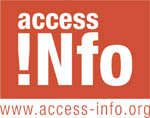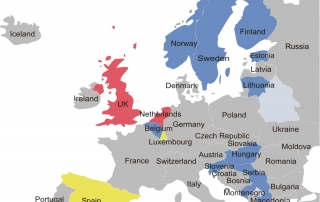EU Press Releases
Helen Darbishire2020-02-14T11:30:28+01:00Access Info's European Union Press Releases To see other press releases not exclusively related to the European Union, please click here 2011 16 of 27 Member States refuse to provide information on EU transparency negotiations Brussels/Madrid, Monday 21 March 2011 - European citizens can’t find out from either Brussels or from national governments which countries are lobbying against EU transparency, according to a report launched by the NGO Access Info Europe this week. Read more... General Court of the European Union rules refusal illegitimate - Access Info wins vs. EU Council Brussels/Madrid, Monday 22 March 2011 - The General Court


